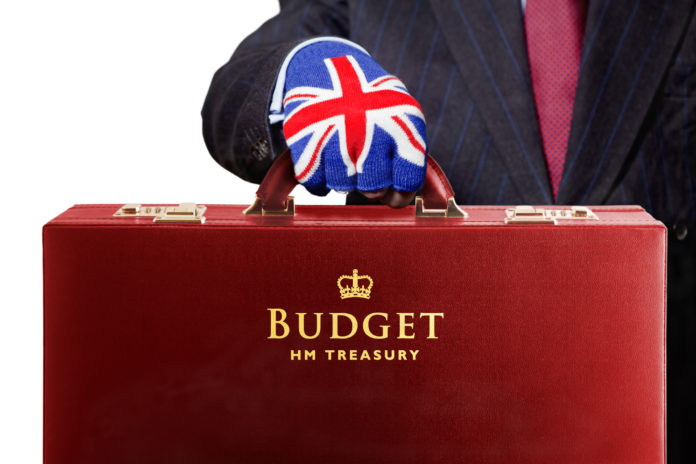Today’s Budget by Chancellor Rachel Reeves could cost the wholesale sector an estimated £110m in direct wage costs and increase costs across the board for the UK’s food and drink supply chain, the FWD has warned.
The first Labour budget in over a decade included announcements of minimum wage increases, a rise in employer national insurance contributions, increases in funding to tackle retail crime, a vaping tax and a business rates discount reduction.
In a statement the FWD said: “The increase in employers’ National Insurance contributions will significantly impact food and drink wholesalers already facing mounting operational costs. With the Employer National Insurance contribution rate rising from 13.8% to 15.8%, this change represents an additional £30.9m in yearly NI costs for the sector.
When you add this to the 6% increase in National Living Wage it will see an estimated £110m added to direct wage costs to the wholesale sector. This increase adds financial pressure on businesses striving to support their workforce while maintaining competitive pricing to hundreds of thousands of customers serving communities.”
Read more: Budget 2024: FWD outlines the impact on wholesalers
Meanwhile, the UK Budget has ‘sentenced hospitality businesses to years of ‘hard Labour’, says Colin Wilkinson, SLTA managing director: “Licensed hospitality operators will be recoiling for some time from the triple blow of an increase in the NLW, risen by 50% in five years, increased employer National Insurance contributions and a 50% reduction in the threshold level for Employer National Insurance contributions.
These will be yet another fiscal burden for all businesses and will restrict investment, restrict growth and increase the risk of job losses. As a staff-intensive sector, many in the licensed hospitality industry will now be questioning whether they can even maintain their current staffing levels.”
Furthermore, the Institute of Economic Affairs has suggested that the budget is likely to hurt working people and do little for economic growth. Tom Clougherty, executive director at the free market think tank, said: “The Government came into office promising to prioritise growth. But the reality of their first Budget – heavier burdens on business and more borrowing for public sector capital spending – does not inspire much confidence in their approach. Coming alongside an inflation-busting increase in the minimum wage and heavy-handed changes to employment law, higher employer National Insurance Contributions will be a bitter pill for firms to swallow. Businesses will see their costs rise and it will be workers who pay the price – in the form of lower wages, reduced benefits, and fewer job opportunities.
Regarding today’s decision to take the minimum tax burden on a bottle of Scotch Whisky above £12 for the first time, a Diageo GB spokesperson said: “On the campaign trail, Keir Starmer pledged to ‘back the Scotch whisky industry to the hilt’. Instead, the Government has broken this promise and slammed even more duty on spirits. This betrayal will leave a bitter taste for drinkers and pubs while jeopardising jobs and investment across Scotland.”








